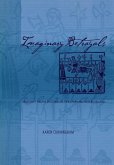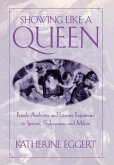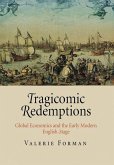In the motley ranks of seventeenth-century print, one often comes upon the title True Relation. Purportedly true relations describe monsters, miracles, disasters, crimes, trials, and apparitions. They also convey discoveries achieved through exploration or experiment. Contemporaries relied on such accounts for access to information even as they distrusted them; scholars today share both their dependency and their doubt. What we take as evidence, Frances E. Dolan argues, often raises more questions than it answers. Although historians have tracked dramatic changes in evidentiary standards and practices in the period, these changes did not solve the problem of how to interpret true relations or ease the reliance on them. The burden remains on readers. Dolan connects early modern debates about textual evidence to recent discussions of the value of seventeenth-century texts as historical evidence. Then as now, she contends, literary techniques of analysis have proven central to staking and assessing truth claims. She addresses the kinds of texts that circulated about three traumatic events-the Gunpowder Plot, witchcraft prosecutions, and the London Fire-and looks at legal depositions, advice literature, and plays as genres of evidence that hover in a space between fact and fiction. Even as doubts linger about their documentary and literary value, scholars rely heavily on them. Confronting and exploring these doubts, Dolan makes a case for owning up to our agency in crafting true relations among the textual fragments that survive.
Dieser Download kann aus rechtlichen Gründen nur mit Rechnungsadresse in A, D ausgeliefert werden.









